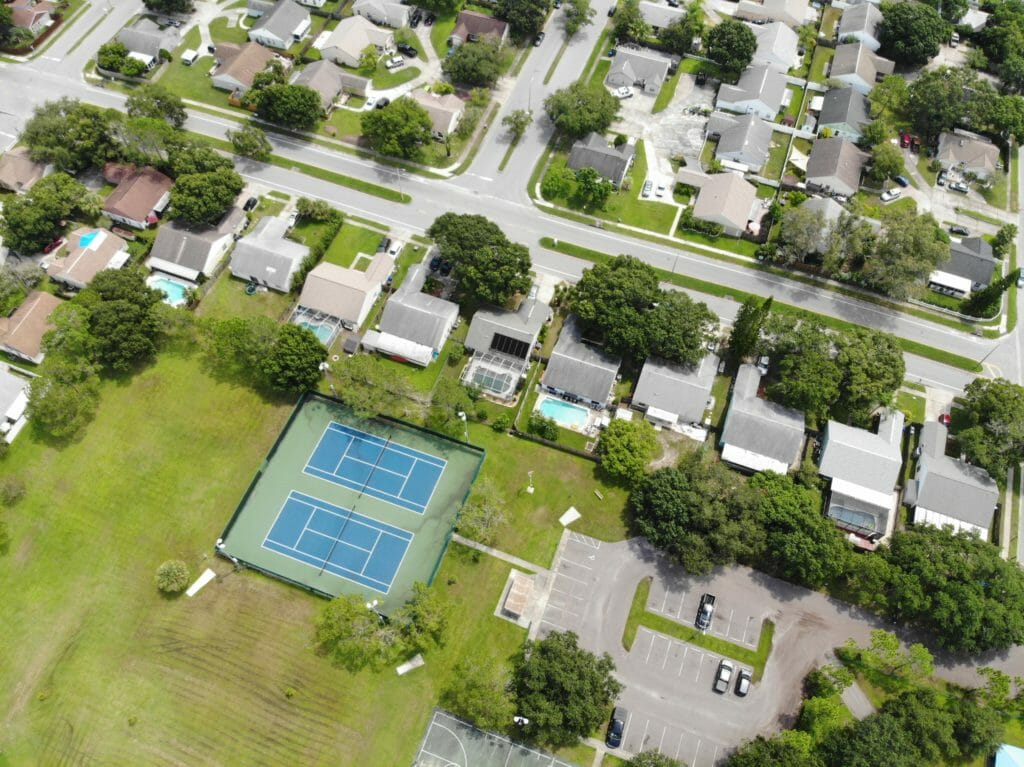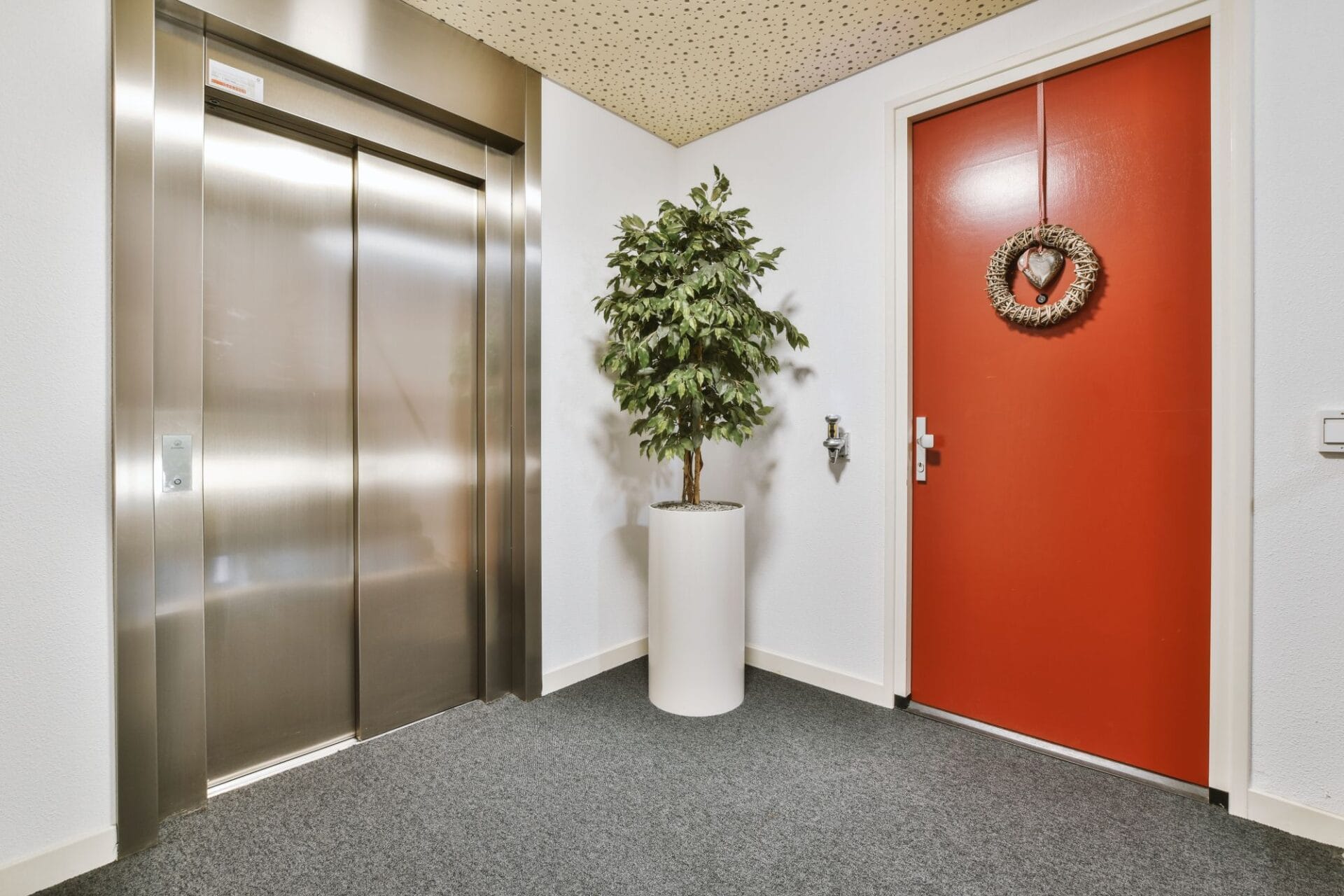Most owners are very good about paying their dues on time. However, there may be a few occasions where someone falls behind on payments. This article will cover how a board or property manager can address the issue of delinquent fees in a fair and productive manner.
Download our free HOA dues letter template
Table of contents
- HOA dues
- How dues are spent
- What happens if owners don’t pay dues
- Collection policy
- Non-combative collection strategies
- Dues letter vs. status letter
- How an online payment option can help with collecting dues
HOA dues
HOA dues, also called fees, maintenance fees or assessment dues, are collected on a monthly, quarterly or annual basis. Every member of the association (including board members) is required to pay this fee. The money is used for common association expenses such as management fees, maintenance, insurance, etc. A portion of dues is also set aside for the association’s reserve fund.
The board determines how much each owner must contribute. Fees are based on a projection of the HOA’s annual budget. This means fees may increase or decrease from one year to the next.
HOAs typically divide dues equally between all owners, but fees may be allocated based on the size of an owner’s property (this is more common in condo developments where units can range from 400 square feet to 2,000 square feet).
How dues are spent
Without revenue, an HOA will undoubtedly suffer. Dues are needed to pay for essential services and items, including:
Utilities
Utilities represent a significant portion of an association’s operational budget. Lighting for streets, parking lots and clubhouses all require electricity. If the HOA has a pool, then it will also need to pay for the large water bill.
Maintenance and repairs
Maintenance and repair costs include cleaning, painting, landscaping, paving, trash removal, roofing, hiring someone to perform preventive maintenance on HVAC systems, gym equipment and other components, plumbing, etc.

Insurance
Associations need insurance to protect the development from general wear and tear as well as more serious accidents. Liability insurance, theft insurance and D&O insurance are other common policies for associations. Depending on where your HOA is located, other types of insurance may be required.
Reserve funds
A reserve fund consists of money that a condo corporation puts aside for maintenance and major repairs. Think of it as the HOA’s rainy day fund.
Associations that don’t contribute enough money to the reserve fund often end up having to issue a special assessment or take out a loan. Both options can put owners in difficult financial situations.
Staff
Wages for maintenance, security and management staff are paid using HOA fees.
What happens if owners don’t pay dues
If the HOA cannot collect enough money to maintain, repair, and replace items in the common areas, the infrastructure will eventually deteriorate. If this happens, owners may decide to move out, and property values will drop. Since owner dues are so incredibly vital to an HOA, associations are afforded significant legal remedies if owners fail to make payments.
The association has an obligation to maintain the property, and part of that obligation includes ensuring the funds are available to pay for maintenance work. As such, boards must also take proactive steps to collect late dues. This can be an uncomfortable situation, but with the right strategy, conflict can be minimized. Clear but firm communication is key, as is a consistent collection process.
Collection policy
An HOA’s collection policy is its internal protocol for determining how the association will handle late dues. The collection policy must not contradict any state or federal laws (state collection statutes, U.S. Bankruptcy Code), or rules within the HOA’s CC&Rs.
A sound collection policy will:
- Define when fees need to be paid by, and when they are considered late or delinquent
- Outline late fees charged by the HOA, and when those fees can be imposed
- Explain the steps taken by the HOA to collect delinquent assessments, including any required written notices and timelines the HOA must give to the owner
- Identify any third-party vendors the HOA will use for collections (collections agencies and lawyers)
Collection policies should be detailed, specific, and easily accessible to all owners. Not only can a good policy encourage owners to make payments on time (i.e. the policy helps them understand the consequences of paying late), it can also help boards with fair and consistent enforcement.
Non-combative collection strategies
Communication is crucial to the success of any HOA’s collection process. It starts with having a clear, enforceable collection policy. The more owners know about dues–and the consequences for paying late–the more likely they are to pay on time, or seek help from the board or property manager if they know they won’t be able to pay on time.
Next is communicating with individual owners who are behind on payments. Most HOAs will start with a letter. It may be easiest to communicate using a well-written letter for several reasons:
- A formal record of the issue is created. HOAs should always keep records of correspondence, especially when it relates to owners and finances
- Due letters are easy to duplicate. Consistency is maintained when dealing with delinquency issues
- Owners have time to review the information and process the letter. They are less likely to lash out, especially if they know that they haven’t paid their dues
- A letter gives an owner an opportunity to respond and perhaps ask for assistance if they need it
- Letters may be delivered electronically, depending on HOA rules and bylaws. This allows the owner to receive the message and address the problem sooner
It’s important to strike the right tone when writing a dues letter to encourage the delinquent owner to make payment. Dues or collection letters should always be formal, factual and courteous. They should avoid any personal attacks, feelings and opinions. The objective of the letter is to inform the recipient and give them an opportunity to resolve the issue, not to anger or embarrass them.
Different HOAs will have different collection processes, but you can get an idea of how a board or association may use letters to collect delinquent fees.
Late notice letter – usually, the first letter is a simple reminder that the owners’ payment is late. This letter may be sent before a late fee is charged. It should be brief and to the point.
The notice should show the amount past due, clearly explain how the owner can make a payment, and indicate how long the owner has to pay before a late fee is added to their balance. There should also be a contact number or address so that the owner can speak to someone if they believe the HOA is incorrect about the late payment.
First warning letter – this letter will ask the owner to address the delinquent payment promptly. A late fee has likely been charged by this point. It will give the owner a due date, and let them know what steps will be taken if payment is not received by that date.
There should be clear instructions for the recipient about how to pay. Don’t forget to include contact information so that the owner can speak to the property manager or person in charge of collecting owner dues.
Second warning letter – the second warning letter is more serious, and may mention additional consequences of not paying all fees owing. That might include revoking owner privileges, filing a lien, or taking the owner to court. It will also mention the owner’s appeal rights in the case of financial hardship. The recipient may or may not receive one final letter after this, depending on the HOA’s collection process.
If after the HOA has tried these less combative strategies, it will need to move on to more aggressive actions. If the owner is experiencing financial hardship, but willing to work with the HOA to figure out a repayment plan, the association is encouraged to take that path if possible.
Dues letter vs. status letter
Status letters, also referred to as current dues letters, estoppel letters and status certificates, are not the same as dues letters.
A status letter is a legally binding document used to certify the amount of money that an owner who is selling their home owes to the association. Outstanding fees will appear on this document.
Status letters protect new buyers from undisclosed fees and unwanted surprises. They must ensure that they have this document before they close on the property. Otherwise, they could be held responsible for any fees that the former owner didn’t pay.
This document is equally important for lenders as it allows them to verify that the property agrees with their lending regulations. Since the document shows fees charged against the current owner, the lender can see if the seller made unauthorized changes or upgrades to the home that were not corrected.
Finally, status letters give HOAs an opportunity to collect delinquent fees from busy owners who are preoccupied with their move. The HOA must ensure that it has included all fees in the letter; otherwise, years of delinquent fees could be lost.
Online payments can assist HOAs with fee collection
Giving owners the option to make online payments can help reduce late payments and simplify fee collection for the association. A secure online system lets owners pay at any time, and they don’t have to bother with writing cheques or mailing payments. They can even set up automatic payments so that they don’t have to think about recurring fees.
Management also appreciates this option because money gets into the HOA’s account in less time, and they don’t have to worry about collecting payments or making so many bank trips.























